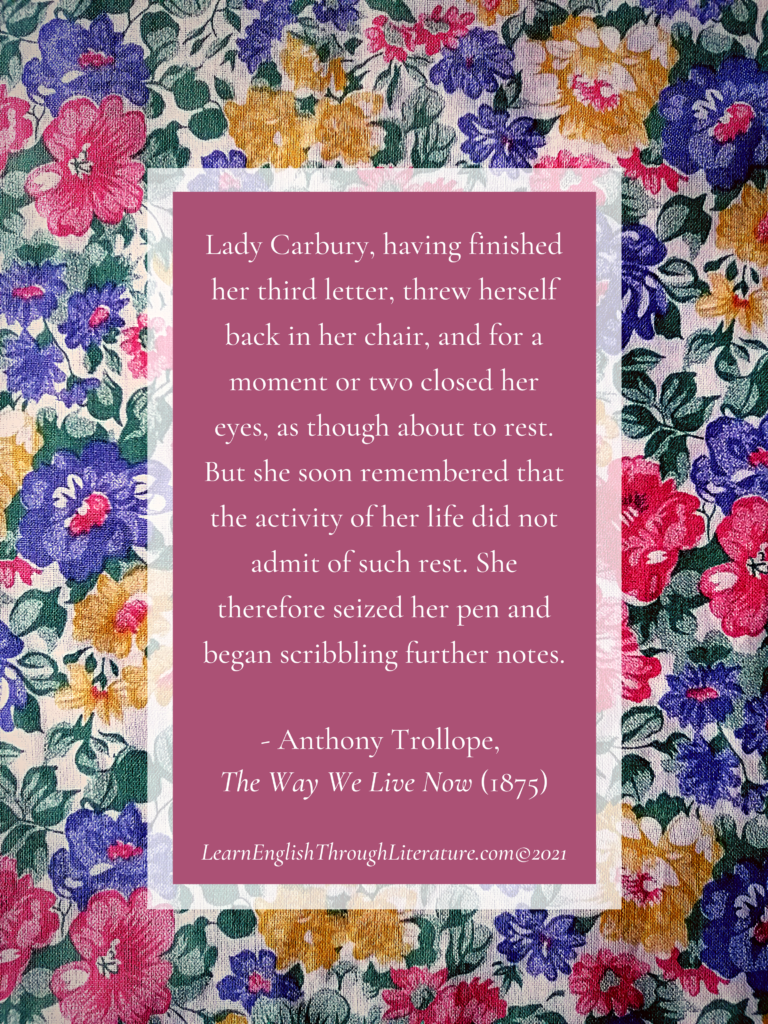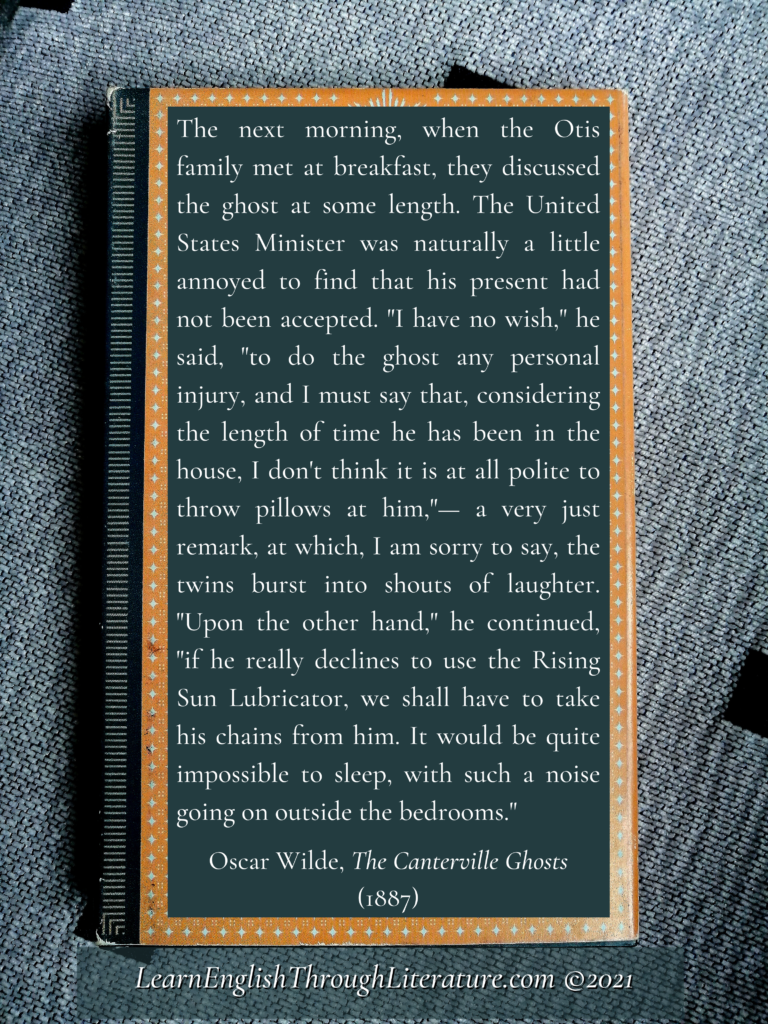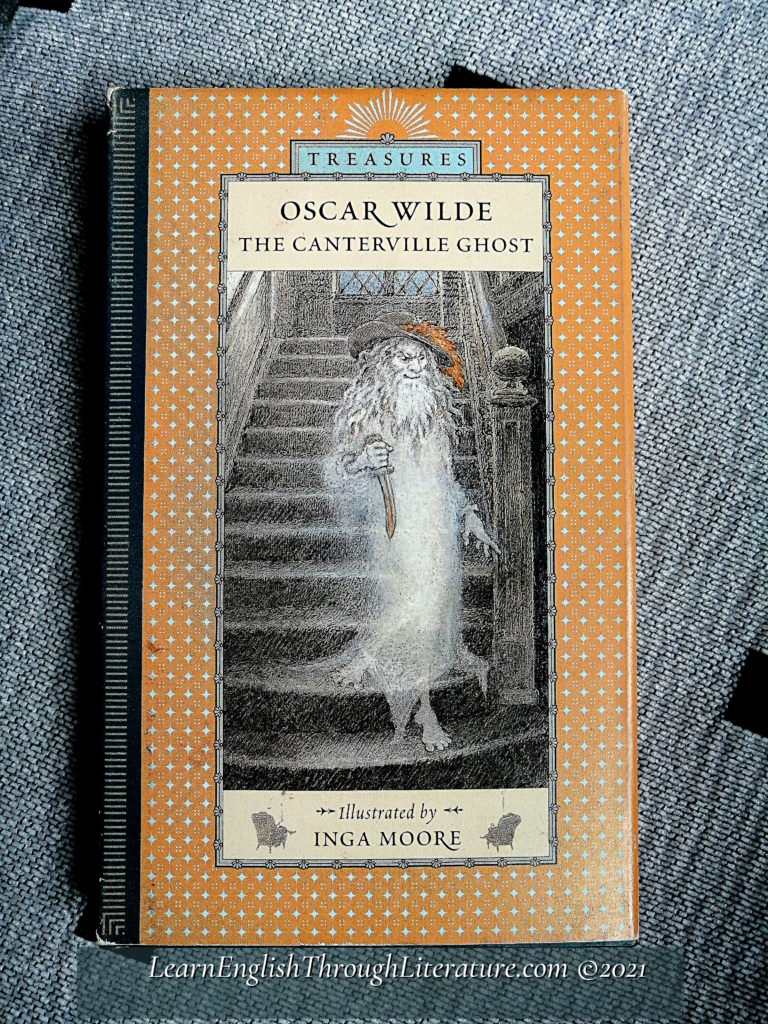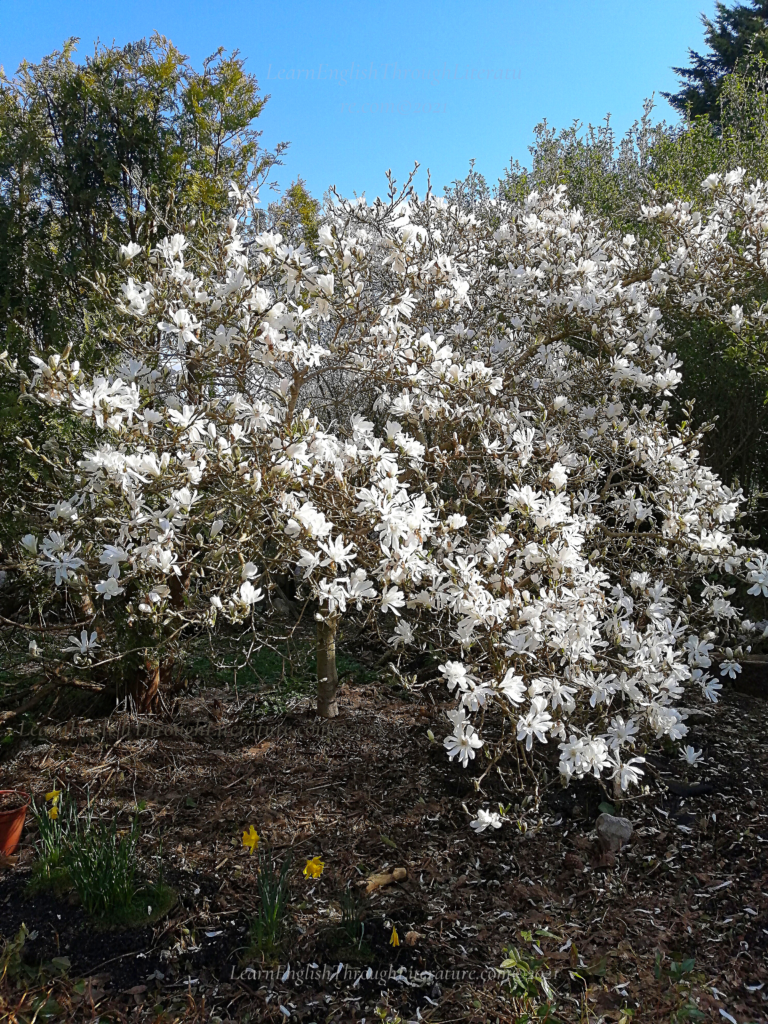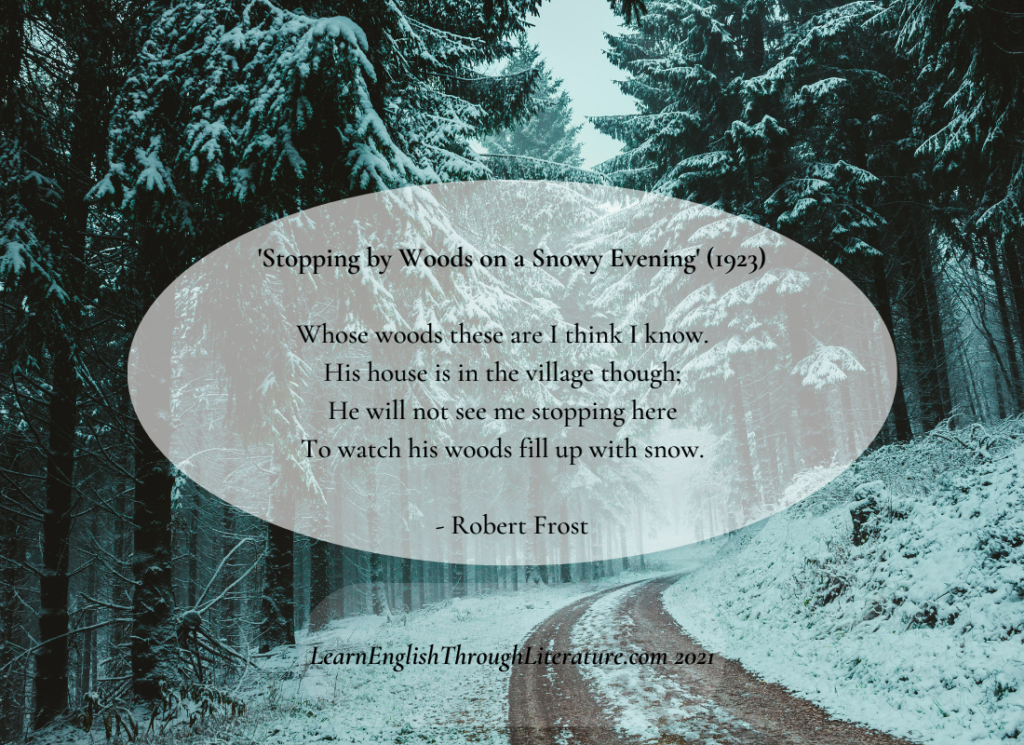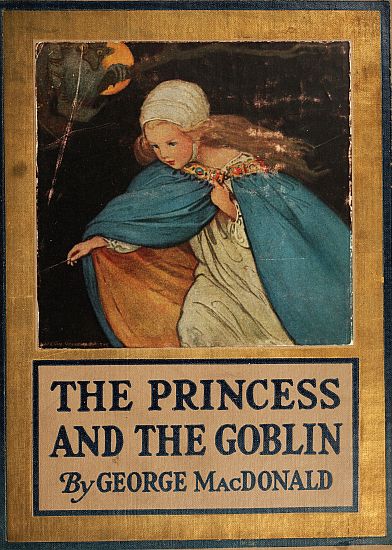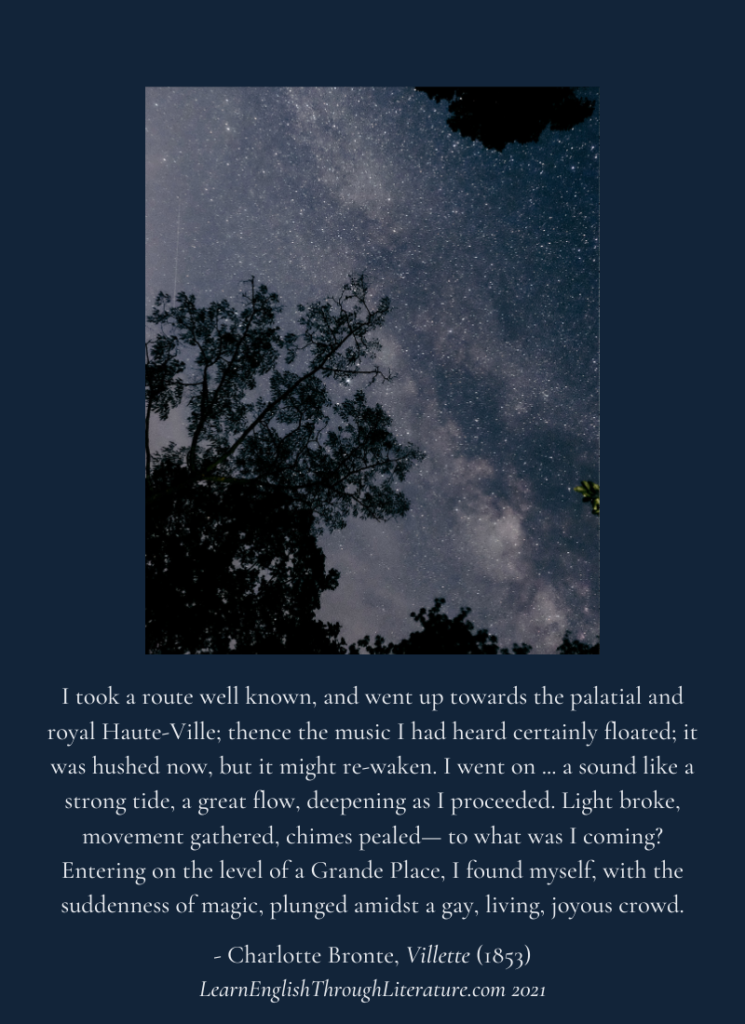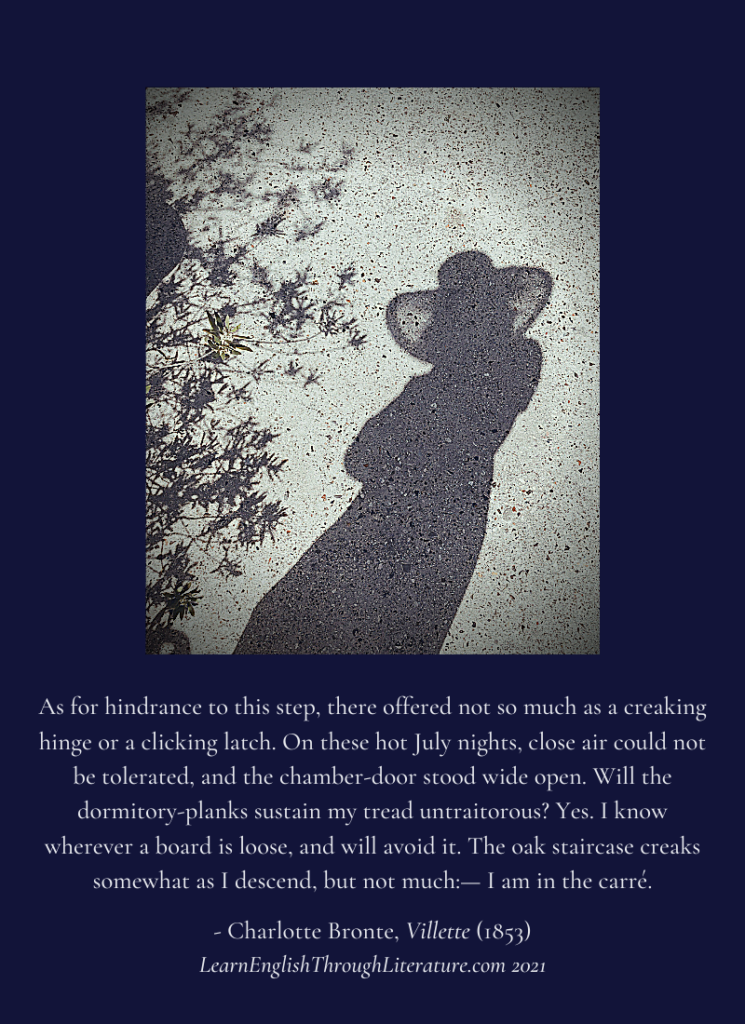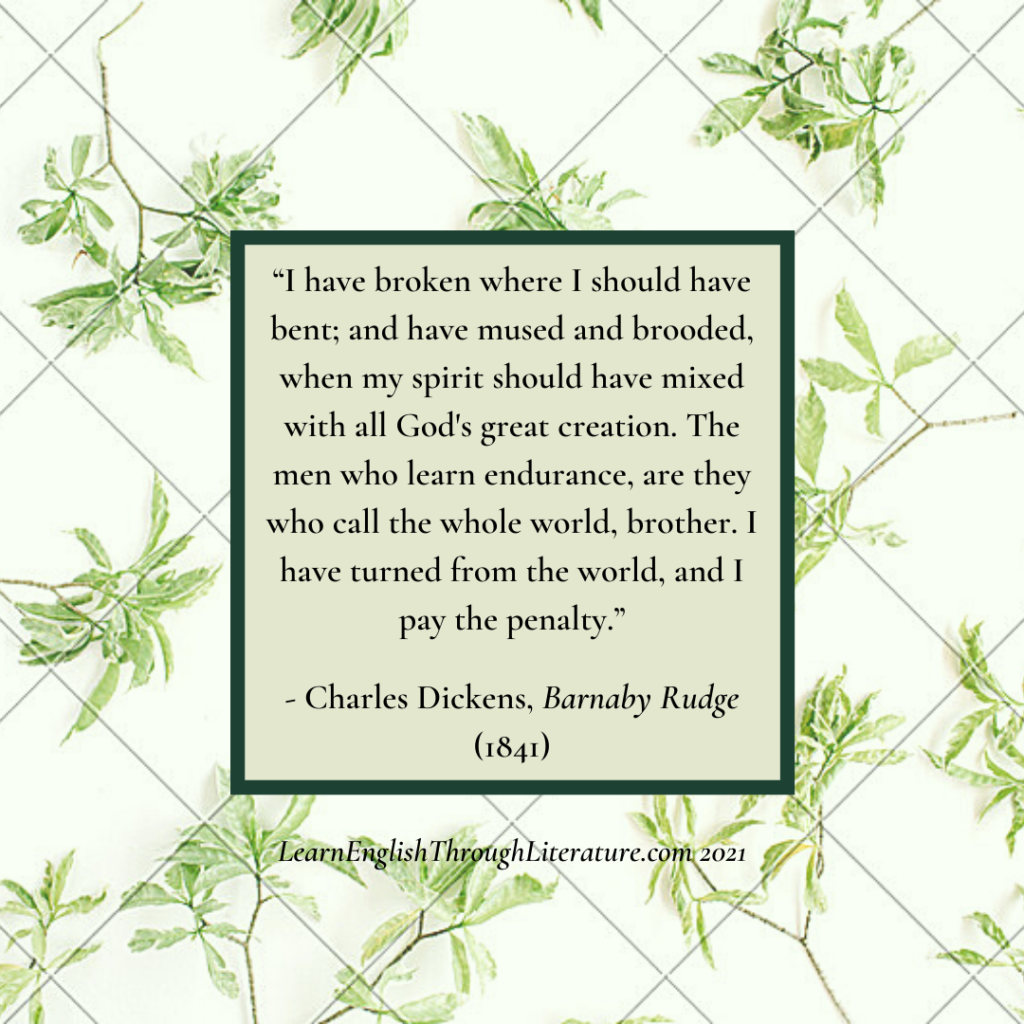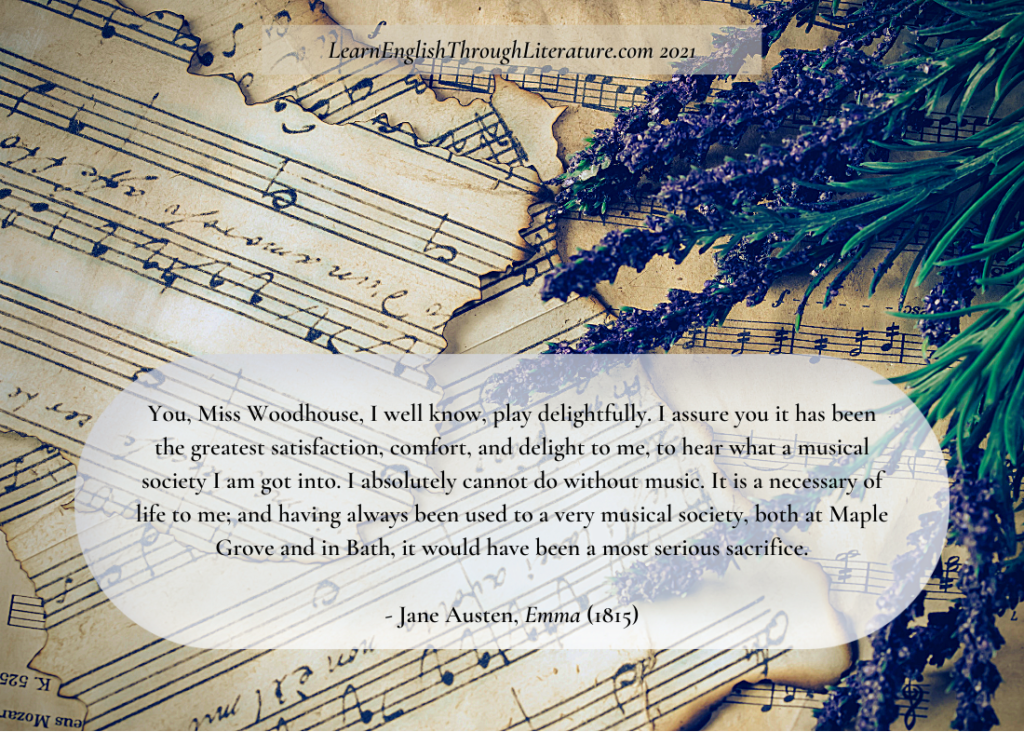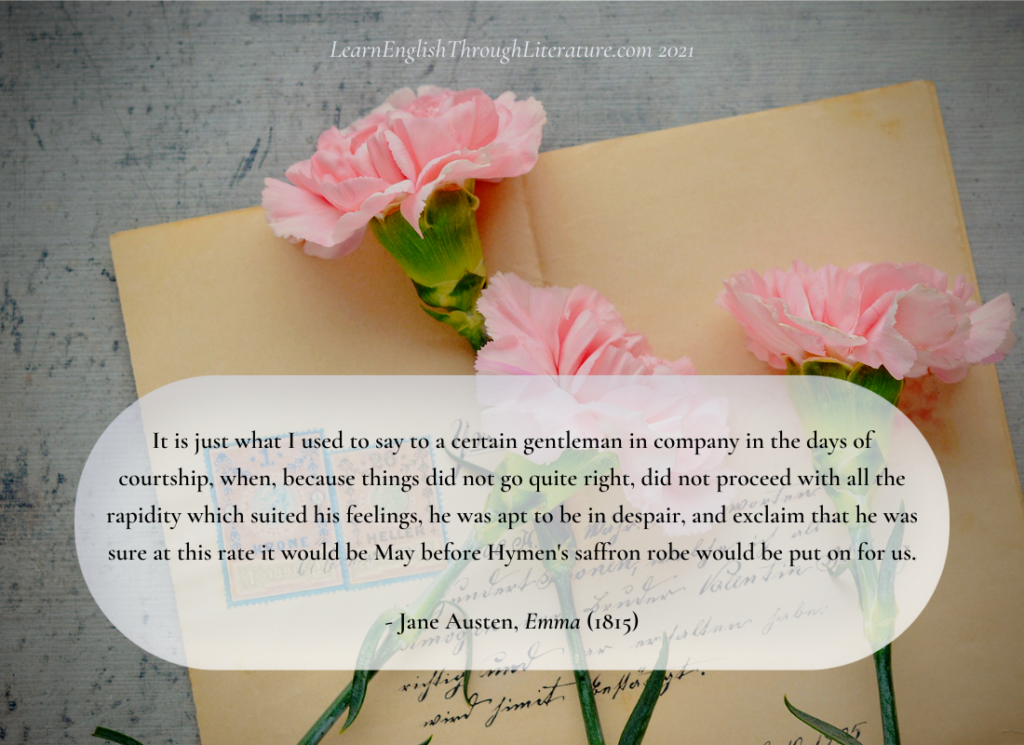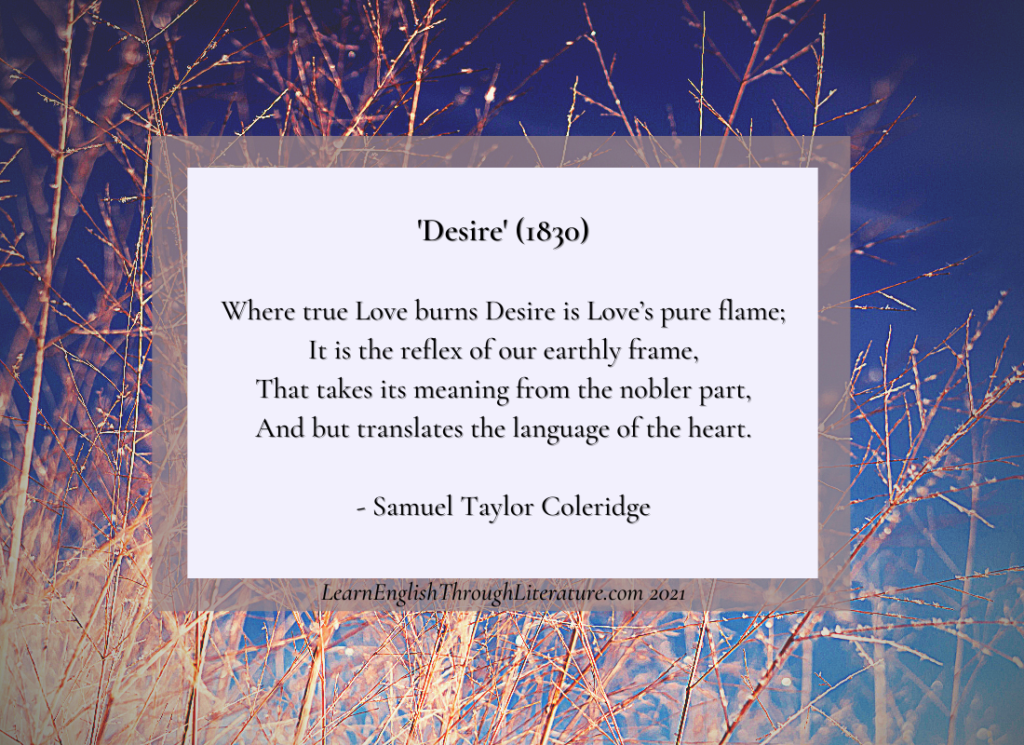Lesson #213: On Anthony Trollope (and 3 Easily Mistaken Verb Forms)
📘 ‘Lady Carbury, having finished her third letter, threw herself back in her chair, and for a moment or two closed her eyes, as though about to rest. But she soon remembered that the activity of her life did not admit of such rest. She therefore seized her pen and began scribbling further notes.’ – […]
Lesson #213: On Anthony Trollope (and 3 Easily Mistaken Verb Forms) Read More »

